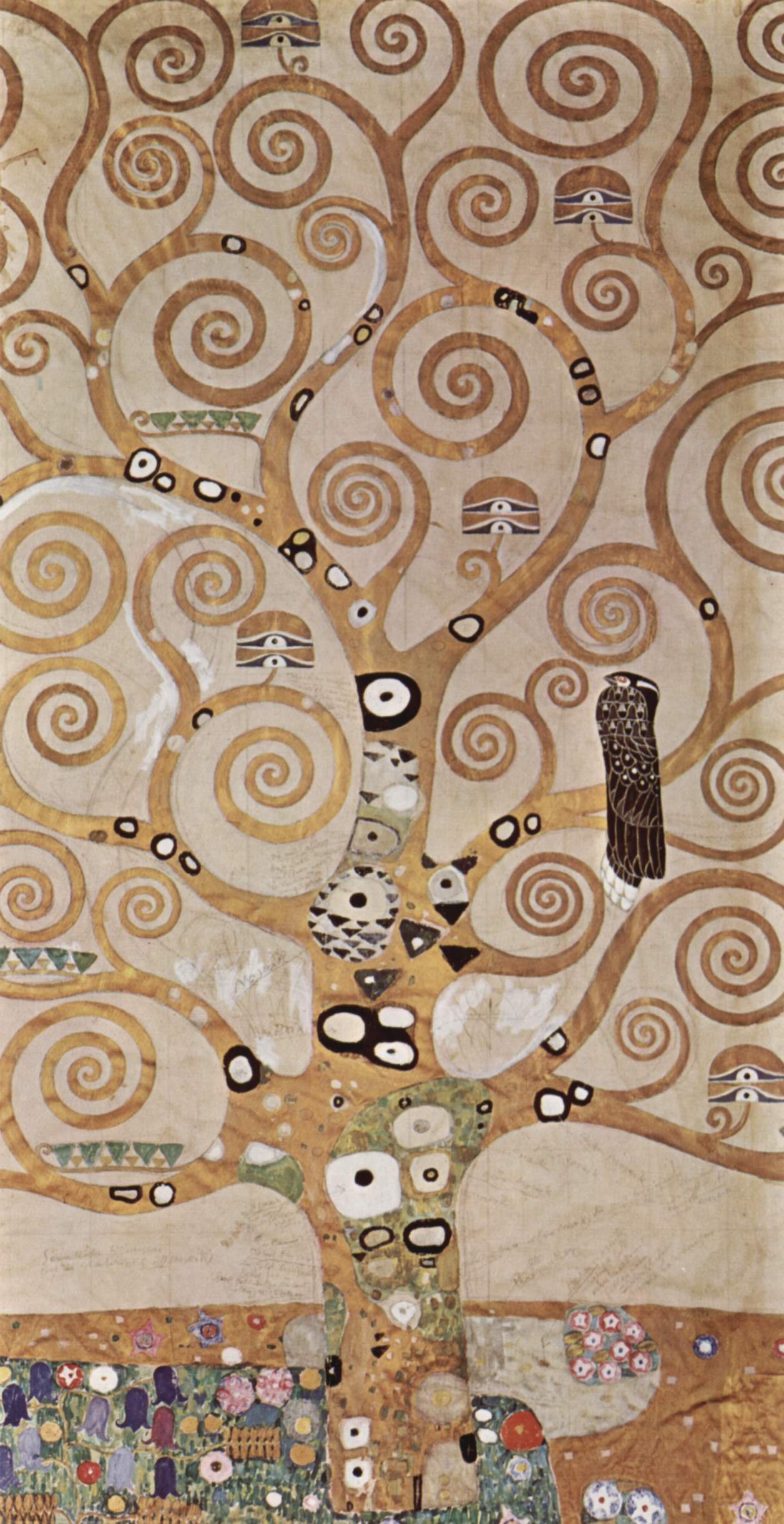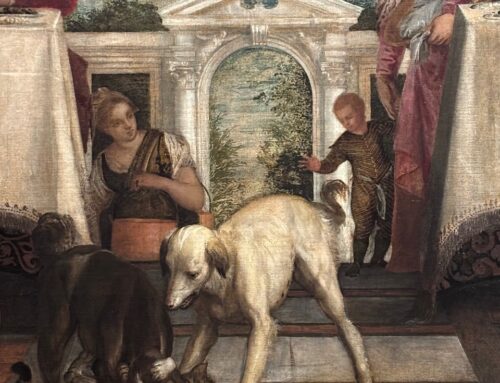Up a Tree: Humanities and Healing
Mo: What are you doing, Joe? Why are you hanging from that branch?
Joe: I like the stretch. Climbing trees makes me feel grounded.
Mo: Ha! I wish I felt that way.
Joe: What do you mean? What’s going on?
Mo: I don’t feel right. Over the last year I’ve felt cooped up, and stressed – if that’s the right word. Out of sorts.
Joe: I hear that in your voice and see that in your face.
Mo: Really? I feel disconnected from everyone. There were days when I hardly went outside. Now I still avoid going to stores, eating out, meeting people. The kids are unhappy, too, not seeing their friends. We always seem to be online, in our virtual world. Everything is at a distance: even ourselves!
Joe: Ha – you seem more up a tree than I do!
Mo: That’s a good way of putting it. The business feels adrift. I can’t have a normal conversation with people I work with. They are stressed, too, and coping with working remotely. We can’t seem to make decisions that everyone supports.
Joe: I know you were starting out with more energy before COVID hit. So things have been bumpy?
Mo: Yes and yes. Everyone seems distracted, trying to recover while anxious about the future. People are hurting, have been hurting. Some have let loose in their frustration. We need to heal, get whole again.
Joe: But it’s hard when you feel up a tree.
Mo: You said it.
Joe: How can you turn it around?
Mo: I’m not sure. How can I take you seriously when you’re still hanging from that tree?
Joe: Slow down a minute. Think of the big picture.
Mo: I’ve just been telling you the big picture! Haven’t you been listening?
Joe: Carefully. I don’t hear a complete picture, only fragments. I see broken aspects and viewpoints: of yourself, your family, your colleagues. But I think the picture is there, underneath the fragments. I hear a clue in your language.
Mo: What do you mean? What is the big picture?
Joe: Think of the tree!
Mo: OK – and?
Joe: The tree is the key. Where are your roots? Where are your branches? Which way is up?
Mo: These are too many questions.
Joe: Each question implies the whole. Consider the roots as your past. Think of a “family tree.” What feeds you? What provides you with energy? The branches, as they reach out, are your future. Are you aiming up, or out? Growing taller, with new vision: wider, with more connections? Where is your sun, your guiding star, whose light provides you with warmth?
Mo: Such a metaphor! But I’m interested.
Joe: And metaphors work on many levels. Your roots may be your past. They take up nourishment from the soil of this world. They are your ground in individuality. Hidden, they are your inward self, one which feeds what you show the world. Your branches may be your visible self, but also can be your spiritual reach, toward the heavens. But you, like many others, feel uprooted and ungrounded.
Mo: How can we not? Has the world not changed dramatically?
Joe: Yes and no.
Mo: What kind of answer is that?
Joe: The world always changes and yet remains the same. Think of the sculpture by Johann Wolfgang von Goethe, The Altar of Good Fortune: the sphere rolls about, but rests on a stable ground. Otherwise the wisdom of our ancestors would not be wisdom: only outdated untimely sayings, expressions from a distant place.

Goethe and Adam Friedrich Oeser, Altar of Good Fortune, Weimar Fewskulchor, CC BY-SA 3.0 DE <https://creativecommons.org/licenses/by-sa/3.0/de/deed.en>, via Wikimedia Commons
Mo: But they knew less than we do. We have instant global connections, transportation over oceans and time zones, even into outer space. The advancements in science are undeniable.
Joe: On your last point, yes, though there are many ways to travel through time and space, without the physical body.
Mo: Now you’re being mysterious.
Joe: What about traveling in your imagination? Your dreams. Can you not imagine the library at Timbuktu? The palace of Nestor? The court of the Mughal Emperor Akbar?
Mo: What importance are these places today? They are dead and buried: not to mention sites also of oppression and injustice. You speak of splendor; I see squalor.
Joe: Both are important, two sides of one another. High is low, low is high. We do not see the Creation of Michelangelo without the sweat of his boots. The point is the same: imagination, in which the dead awaken. But what cost to your imagination, when you feel so uprooted?
Mo: What do you mean?
Joe: It is your lack of roots, of groundedness and inwardness, that cuts you off from the past and diminishes your imagination. Still, you can see in pictures and images. That is why you can say you feel “up a tree.”
Mo: Yes: broken – isolated – alone.
Joe: Listen to two writers from the past. First, the Roman Boethius, writing from the tragedy of a prison cell, awaiting execution after being unjustly accused. What person could be more broken? How collapsed and shattered were his certainties in life? Yet in the squalor of the dark cell – you must see it – he turned to a vision of Philosophy, as a bright goddess, who spoke to him about the health and wholeness of things. In her counsel, she speaks about the natural force of trees:
Nature gives to each tree what is fitting for it, and labors to prevent their dying for as long as they can last. Have you not noticed that they all, with, so to speak, their mouths buried in the ground, draw nourishment through their roots and spread power through their inner core and their bark?.1
What can we learn by this vision, except that trees show us an example for nature’s care, which we can model for ourselves.
Mo: What is your second example?
Joe: It shows the fruit growth, the leaves and branches of wisdom. It comes from the medieval Catalan sage Ramon Llull. His major work was called The Tree of Knowledge.

Llull, Tree of Knowledge at http://www.scottbot.net/HIAL/index.html%40p%3D39166.html
The book begins, “Alone in the shade of a beautiful tree in a garden, I was considering God and the state this world was in.”2
Llull is disconsolate – he sees misery, sin, and injustice all around him – but the tree shows him the unity and wholeness of knowledge, both the humanities and the sciences. The forked branches represent categories, but all is part of the same growth, in accord with the saying of Albert Einstein, “all religions, arts, and sciences are branches of the same tree.”
Mo: These are beautiful reflections, but I am wondering how they apply to me.
Joe: Don’t be in such a rush: abide by and savor the “beautiful reflections.” Let your mind rest on them. It is not enough to read and hear: one must also do. Thoughts become words, words become actions, actions become habits. That is part of and path to wisdom.3
Mo: It is all connected.
Joe: It is all one, essentially simple, even in its complexity. We may focus on a branch, but we know it is a limb, part of a larger living whole.
Mo: On which we depend.
Joe: Yes. We might hang from this tree, suspended by its power.
Mo: Make room: I will hang with you.
Joe: There’s always room.







Thanks for this beautiful story!